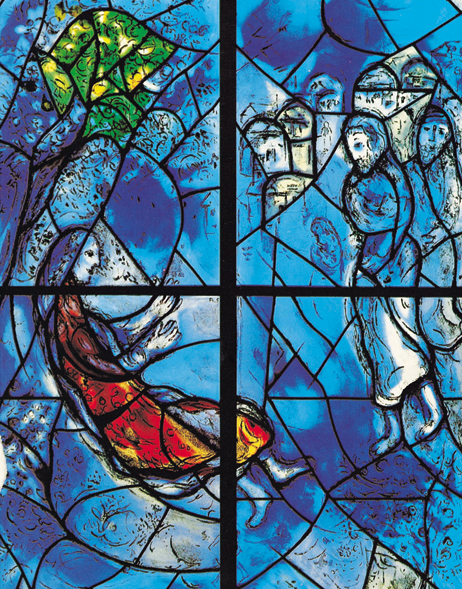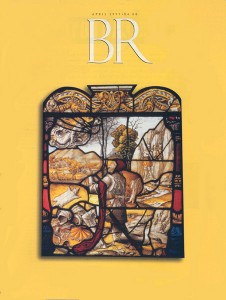
Our idea of a judge is someone who wears a black robe, sits behind a huge paneled desk, adjudicates disputes and bangs a gavel to control a courtroom. If we project the concept back into Old Testament times, we picture elders sitting on stone benches at the city gate, listening to and resolving conflicts.
In the Old Testament account of the “judges” of Israel, however, only one judge—Deborah—in only one reference, judges in a legal sense: “She used to sit under the palm tree of Deborah between Ramah and Bethel in the hill country of Ephraim; and the sons of Israel came up to her for judgment” (Judges 4:5).
The primary function of the 12 “judges” in the Book of Judges appears to be quite different. Othniel, Ehud, Deborah, Gideon, Jephthah and Samson are called “major judges,” since most of the book describes their activities; Shamgar, Tola, Jair, Ibzan, Elon and Abdon are known as the “minor judges.” Though all but 3 of the 12 judges are described by a standard formula—as one who “judged” (Hebrew verb shaphat) Israela—the primary function of all of them appears to be the same, “to deliver” Israel from oppression (Judges 2:16, 18).
Already a library member? Log in here.
Institution user? Log in with your IP address.

